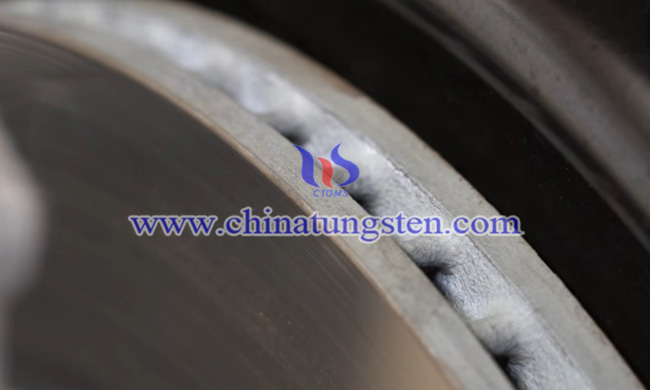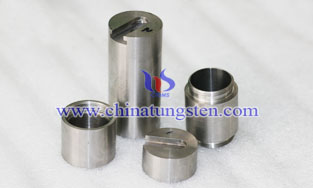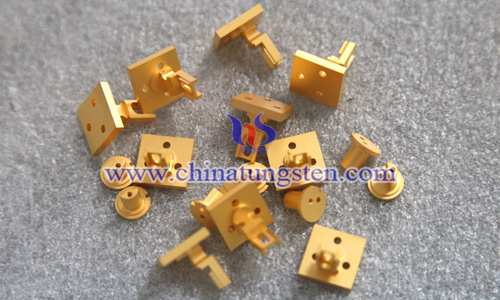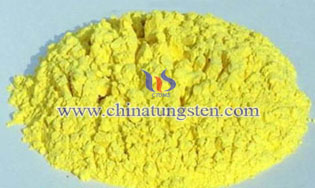Brake Rotor Made of Tungsten Carbide May Revolutionize the Industry
- Details
- Category: Tungsten's News
- Published on Friday, 10 July 2020 15:34
- Hits: 1013
On most modern cars, brake rotors are made from either cast iron or carbon ceramic materials. But Porsche has recently implemented another type of brake rotor that's set to revolutionize the industry, using a material called tungsten carbide.
Tungsten carbide also called tungsten cemented carbide, cemented carbide or simply carbide. Tungsten carbide (WC) is an inorganic chemical compound containing equal parts of tungsten and carbon atoms. Tungsten cemented carbide can be pressed and formed into shapes from fine gray powder, which is considered to be its most basic form. Tungsten cemented carbide plate is approximately three times stiffer than steel, with a Young's modulus of approximately 550 GPa, and is much denser than steel or titanium. It is comparable with corundum or sapphire in hardness and can only be polished and finished with abrasives of superior hardness such as cubic boron nitride and diamond among others, in the form of powder, wheels, and compounds.
Tungsten cemented carbide is the preferred material for parts that must withstand all forms of wear (including sliding abrasion, erosion, corrosion/wear and metal-to-metal galling) and exhibit a high degree of toughness. It exhibits high compressive strength, resists deflection, and retains its hardness values at high temperatures, a physical property especially useful in metal-cutting applications.

The brake rotors, which the company calls Porsche Surface Coated Brakes (or PSCB), are iron rotors that receive a layer of super-hot tungsten carbide applied to the contact surface at an extremely high rate of speed. The result is a 0.1-millimeter coating of wildly dense material. According to Porsche, the rotors last 30 percent longer than their iron counterparts, despite the thin layer of useful material.
And that's not all. Because so little of the rotor actually wears throughout its service life, PSCBs produce around 90 percent less brake dust, according to Road & Track contributor Jason Fenske. The tungsten carbide coating also allows the rotors to maintain cooler temperatures after repeated hard stops.
The PSCBs are meant to fall in between Porsche's basic cast-iron systems and its full-blown carbon ceramic systems in terms of price and performance. Fenske managed to get some pricing quotes for the Cayenne Coupe he had on loan for this video, and found the replacement cost for the tungsten carbide-equipped system was about a third of the price of the carbon ceramics.
- Tungsten Manufacturer & Supplier, Chinatungsten Online: www.chinatungsten.com
- Tungsten News & Prices of China Tungsten Industry Association: www.ctia.com.cn
- Molybdenum News & Price: news.molybdenum.com.cn
- Tel.: 86 592 5129696; Fax: 86 592 5129797; Email: sales@chinatungsten.com








 sales@chinatungsten.com
sales@chinatungsten.com